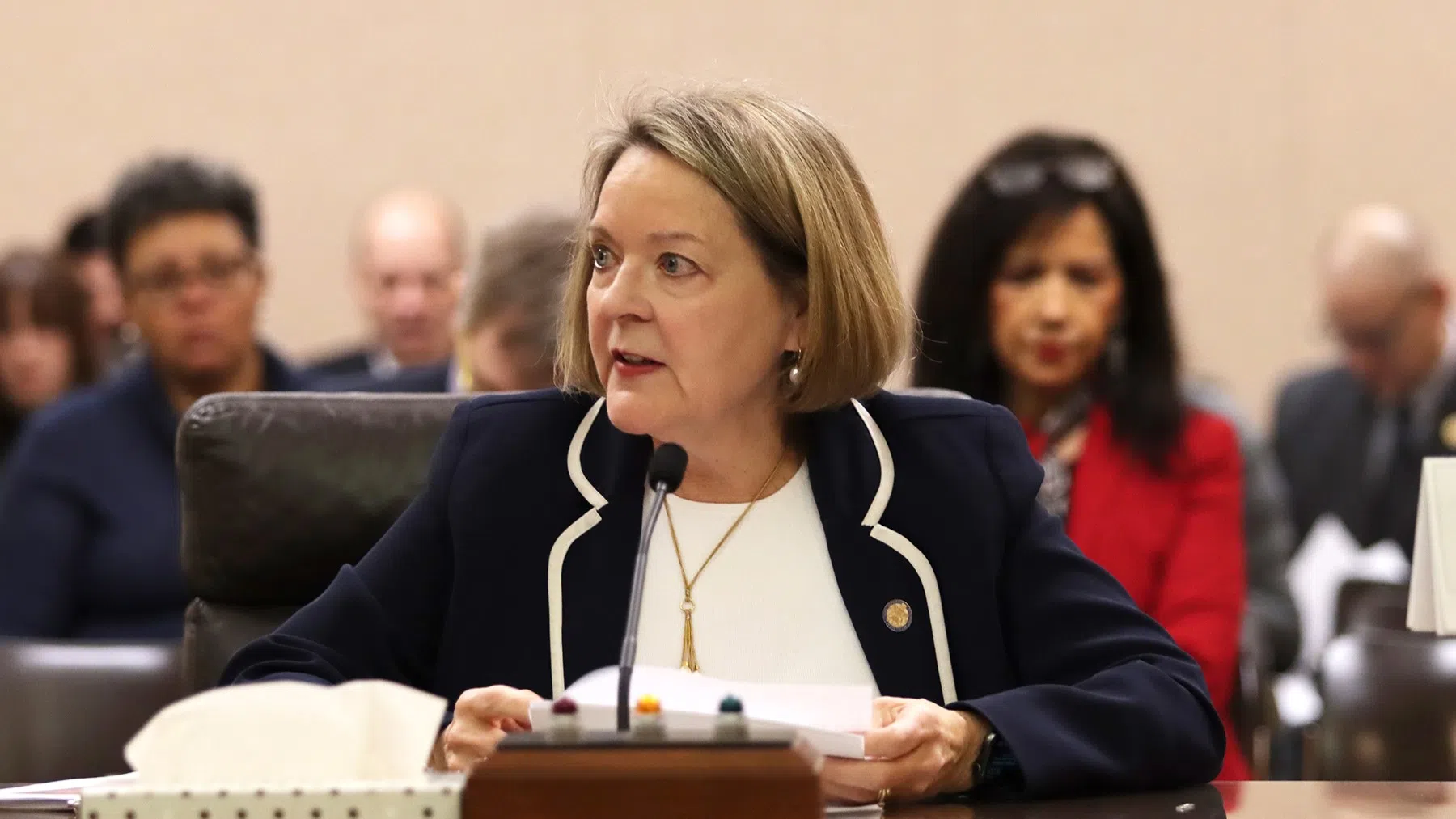One Nebraska lawmaker has introduced a bill seeking to pump the brakes on yearly increases to the state’s minimum wage, which was mandated by a vote of the people in 2022.
The Minimum Wage Increase Initiative (Initiative 433), passed with 58.7% of voters approving. The measure mandated the state’s minimum wage be increased to $15.00 by 2026. At the time, the minimum wage was $9.00 per hour, and had been since 2016. To ease into the new wage floor, minimum employee pay would increase each year by $1.50.
The measure also sought to avoid further wage stagnation by adjusting the state’s minimum wage each year after 2026, based on the Consumer Price Index for All Urban Consumers (CPI-U) for the Midwest Region. Simply put: adjusted to the cost of living.
On January 1, 2025, the state’s minimum wage hit $13.50 per hour.
This week, Sen. Jane Raybould of Lincoln introduced a bill which would limit future increases to the state’s minimum wage at 1.5% and allow businesses to pay workers younger than 16 less than minimum wage.
Raybould, a Democrat representing central Lincoln and grocery store executive whos family company owns Russ’s Market and Super Saver, told the Legislatures Business and Labor Committee that LB258 “isn’t intended to weaken our wages or our workers. It is intended to find a reasonable balance that ensures that businesses … can stay in business.”
The bill would establish a youth minimum wage of $13.50 per hour for employees ages 14 and 15 and adjust the 90-day training wage for new employees under the age of 18 to $13.50 per hour through Dec. 31, 2026. The training rate then would be set at 75% of the state’s minimum wage. An amendment, also brought by Raybould, would increase the training wage annually by 1.5% for new employees under the age of 20. The amendment also would increase the youth minimum wage by 1.5% every fifth year beginning Jan. 1, 2030.
During the hearing, Raybould said recent rises in Nebraska’s minimum wage may be sustainable for large corporations, like her own, but not small businesses. If business were forced to pay their cheapest employees a wage equal to the cost of living, she said, the cost of those higher wages “typically will have to be passed onto the consumer.”
Business executives and representatives from both state and local Chambers of Commerce testified in support of the measure.
Michael Peterson, general manager of Fresh Seasons Market in Gothenburg, said minimum wage increases often cause ripple effects for businesses that can complicate their ability to manage payroll and remain adequately staffed.
“[LB258] would provide a much needed incentive for businesses to continue employing students and those entering or reentering the workforce,” Peterson said.
Anahi Salazar, policy coordinator for Voices for Children in Nebraska, testified in opposition to the proposal. She said lower wages can negatively impact young parents in Nebraska who are working to support their families.
Salazar said rising inflation rates have weakened economic security for many in the state. For example, she said, a minimum wage worker in Nebraska currently would need 1.4 full-time jobs just to afford a one-bedroom apartment, before factoring in the cost of food, transportation and medical expenses.
“Young people in Nebraska are not only working to be able to purchase things that they want — such as books, clothing and gadgets — but also to survive,” Salazar said.
Reed Heaton of Elkhorn also opposed the bill. He said the proposal would hurt students and young Nebraskans and send a message that their labor is not worth the minimum wage.
“Our labor is not less because of our age,” Heaton said. “We deserve equal pay if we work the same job.”
The committee took no immediate action on LB258.







